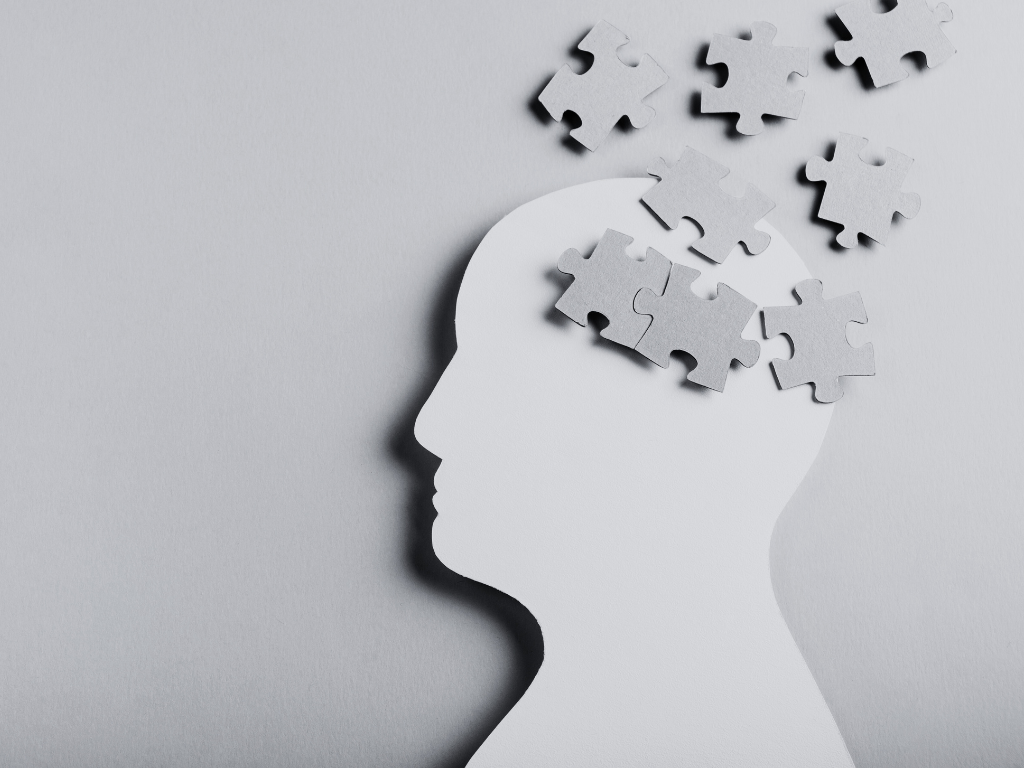More than two in five Australians experience a mental health issue in their lifetime. In 2020–21 more than 3.4 million Australians sought help from a health care professional for their mental health. It was also reported:
- Almost half (46.6%) of females aged 16-24 years and almost one third (31.2%) of males aged 16-24 years had a 12-month mental disorder.
- Females were more likely than males to have had a 12-month anxiety disorder (21.0% compared to 12.4%).
- Females experienced higher rates of post-traumatic stress disorder (7.6% compared with 3.6%) than males.
- 3% of females experienced a depressive episode in 2020-21 compared with 3.8% of males.
The Royal Commission into Victoria’s Mental Health System frames a set of important contextual markers for health promotion and primary prevention work for women and their mental health. The Royal Commission was established in February 2019 after the Victorian Government recognised the system was failing to support people living with mental illness or psychological distress, as well as families, carers, supporters and those working in the system.
The report argues that the present system is not designed or equipped to support the diverse needs of people living with mental illness or psychological distress, let alone to cope with unforeseen pressures that may arise. The 2019–20 severe bushfire season and the COVID-19 pandemic shone further light on the pressures on the mental health system.
The system’s failures can be linked to its origins. In the 19th and 20th centuries, people living with mental illness were separated from the rest of the community and housed in institutions. These institutions began to be dismantled from the 1980s, with a desire to move towards a community-based model of care. But while there has been social change since then, Victoria’s mental health system has not kept pace. It now relies too heavily on hospital-based services and emergency departments.
Key Recommendations
- Create good governance arrangements for promoting good mental health and preventing mental illness.
- Establish a responsive and integrated mental health and wellbeing system.
- Help people find and access treatment, care, and support.
- Support responses from emergency services to mental health.
- Support good mental health and wellbeing in local communities.
- Establish a new, statewide trauma service.
- Develop system-wide involvement of family members and carers.
The final report delivered by the Royal Commission also recognises the role of social determinants that contribute to mental health and the evidence to date of their contribution. This includes the recognition of specific factors that gender and inequality can play on influencing mental health outcomes for women. It noted the impact of gender and age on mental health, highlighting how women’s mental health can change over her life stages.
The role of intersectionality on mental health is recognised by the Royal Commission. There is an emphasised the need for safe, inclusive, and valued support that is culturally appropriate.
Gender-sensitive approaches to mental health for women and girls should, among other things:
- Prioritise understanding mental distress in the context of women’s lives
- Be co-designed with women and enable women to be involved in initiatives intended to promote good mental health and to make choices about mental health care and treatment
- Address reproductive and life stage elements of mental health and wellbeing
- Address the mental health impacts of gendered experiences including sexual abuse, family violence and poor body image
- Be responsive to the diversity of women’s needs, experiences and backgrounds including race, sexuality and disability.
Women's Health Victoria, 2019
There are a number of critical life points experienced by women and girls, such as puberty, pregnancy, motherhood and menopause that can result in poor mental health.


